Wi-Phi is short for Wireless Philosophy. And their method is simple: take a philosophy lecture from an academic at one of the world's most prestigious universities, and set it to a fun whiteboard animation.
With content from academics at Yale, Stanford and MIT, Wi-Phi's YouTube channel has racked up more than 6,000 subscribers and 535,000 views. They've also partnered with the Khan Academy to distribute content globally through their platform.
Truly inspiring stuff. So what's it all about?
Great to meet you Paul, Gaurav. So, what motivates Wi-Phi?
PH: One motivation is to bring philosophy out of the academy. We think philosophy is a very human activity, and we want everyone to have access to the great work that's been - and is being - done.
We also want to bring philosophy to people all over the world, in an accessible form. People can discuss philosophical questions with other people from anywhere else in the world on our platforms.
It's also important that we help change the face of philosophy, which is still an old and dead white man. We want to show younger people that philosophers are a diverse, global crowd currently doing radical work. Philosophy is not only the history of philosophy.
Who are your videos for? What's your audience like?
PH: I'm aiming to bring philosophy to thinkers who have not had the opportunity to grow up with philosophy in their homes. I pitch my videos at a first-semester freshman who knows nothing about philosophy. I do that for clarity, mostly.
But we want people of all ages to get something out of our videos. The Khan Academy is popular with older people who enjoy refreshing concepts they learned in high school. We want to empower them to do that with philosophy.
We also want people who have never taken a philosophy class to watch our videos and take some core ideas from them.
How does whiteboard animation help you grab their interest?
PH: I think more research has to be done on this but the available research suggests that the whiteboard format is better for retaining information, so we are very happy using VideoScribe!
We've also been paying attention to recent work on how to get people to think more critically because they tend to retain more content in this state.
Why is it important that your content is entertaining?
PH: It should be entertaining because philosophy is really fun! It's so easy to make jokes and to play around with words and concepts. Philosophers do a lot of serious work but they're often quirky, funny people. Entertainment also keeps people's attention - so it's pedagogical, too.
GV: I think many people make philosophy content far simpler than it really is when they present it to public audiences. They take out all the complexity - and not necessarily in a good way. With Wi-Phi, I wanted to keep the content as complex as it needed to be to show the value of it.
So my strategy was to make the scribes fun and, at times, silly. The idea is to make the audience feel like they're having fun so they don't put up psychological roadblocks - that feeling of dread that might come over someone when they hear the word philosophy.
Creating this fun learning environment enables us to accomplish our goal of communicating complicated ideas via this medium. We do streamline our content and remove some unnecessary terminology from the lectures – but we don't dilute the ideas beyond value. Instead we use the power of the whiteboard medium to create an enjoyable learning environment for our audience.


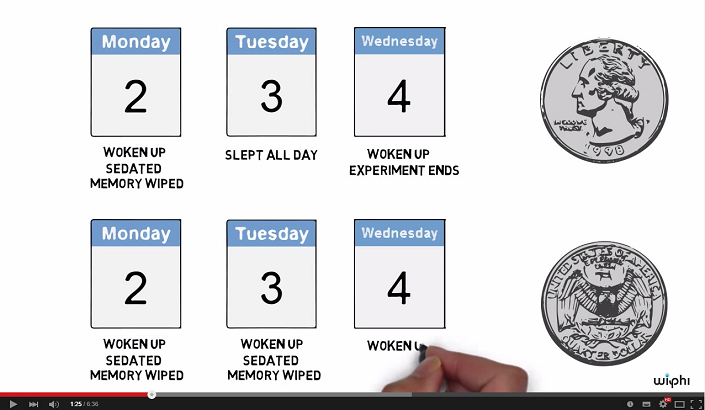
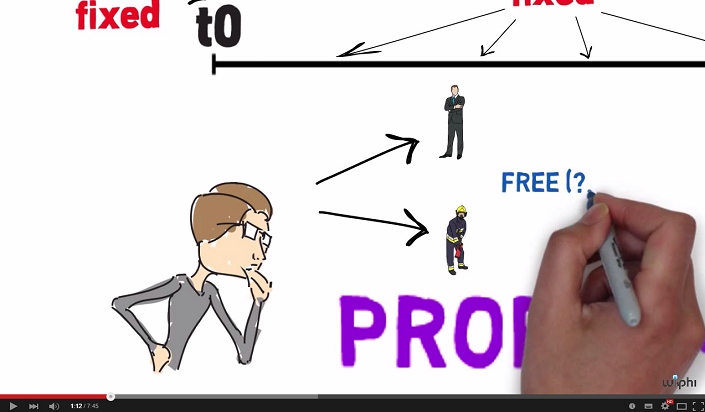
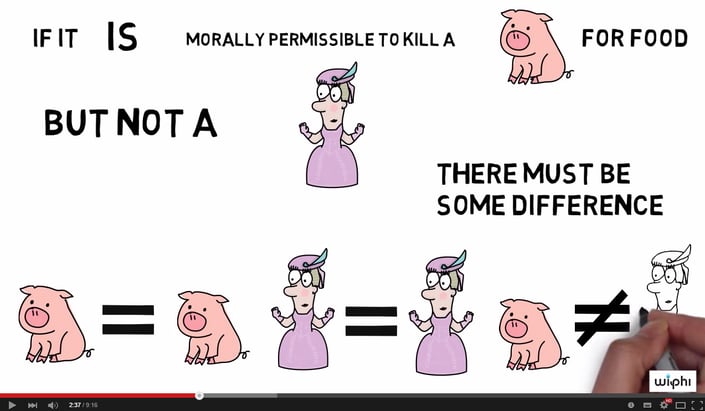
.png)



![How to create animation magic [3-part guide to video success]](https://blog.videoscribe.co/hubfs/How%20to%20create%20animation%20magic%20guide%20VideoScribe.png)
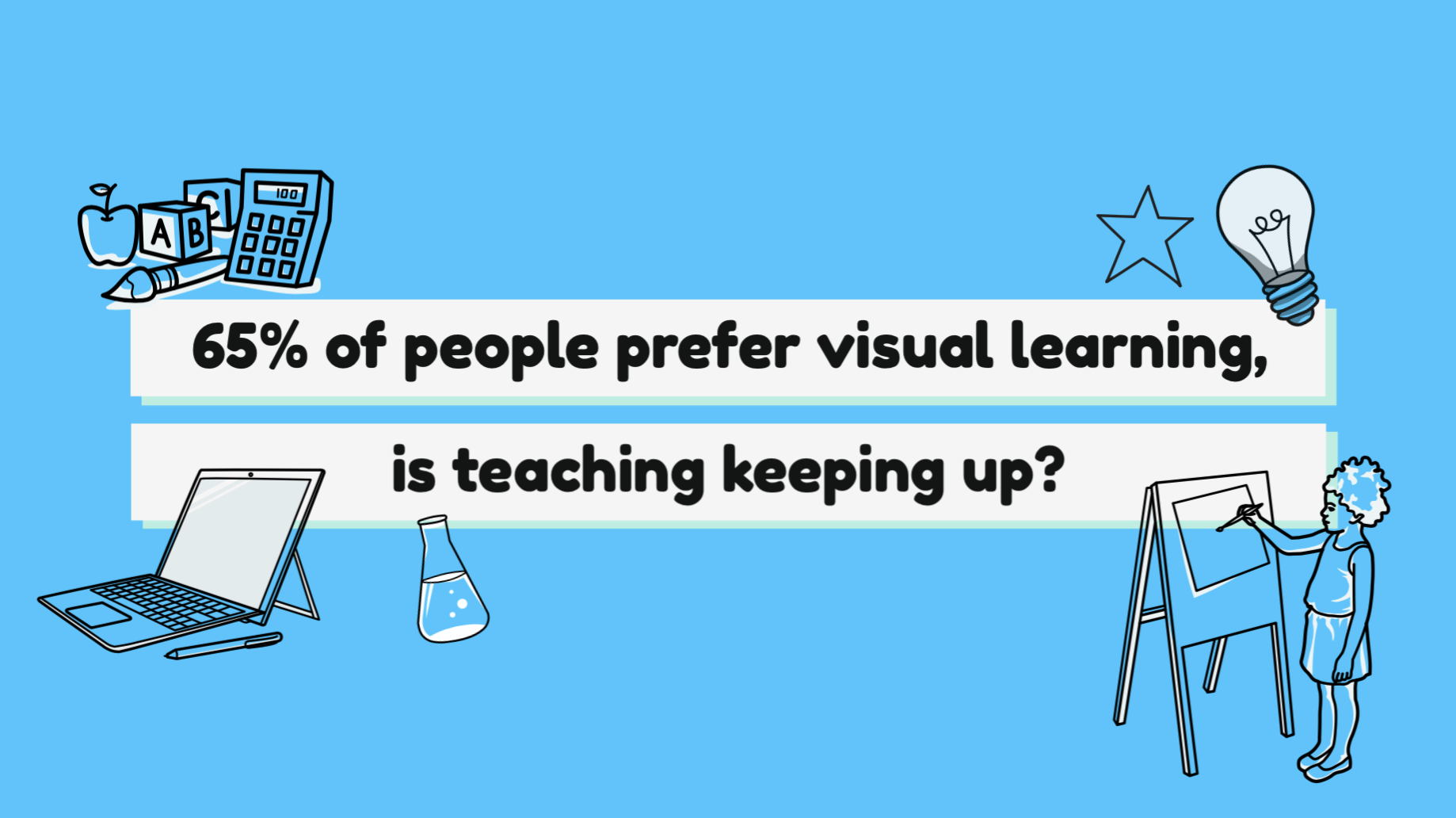
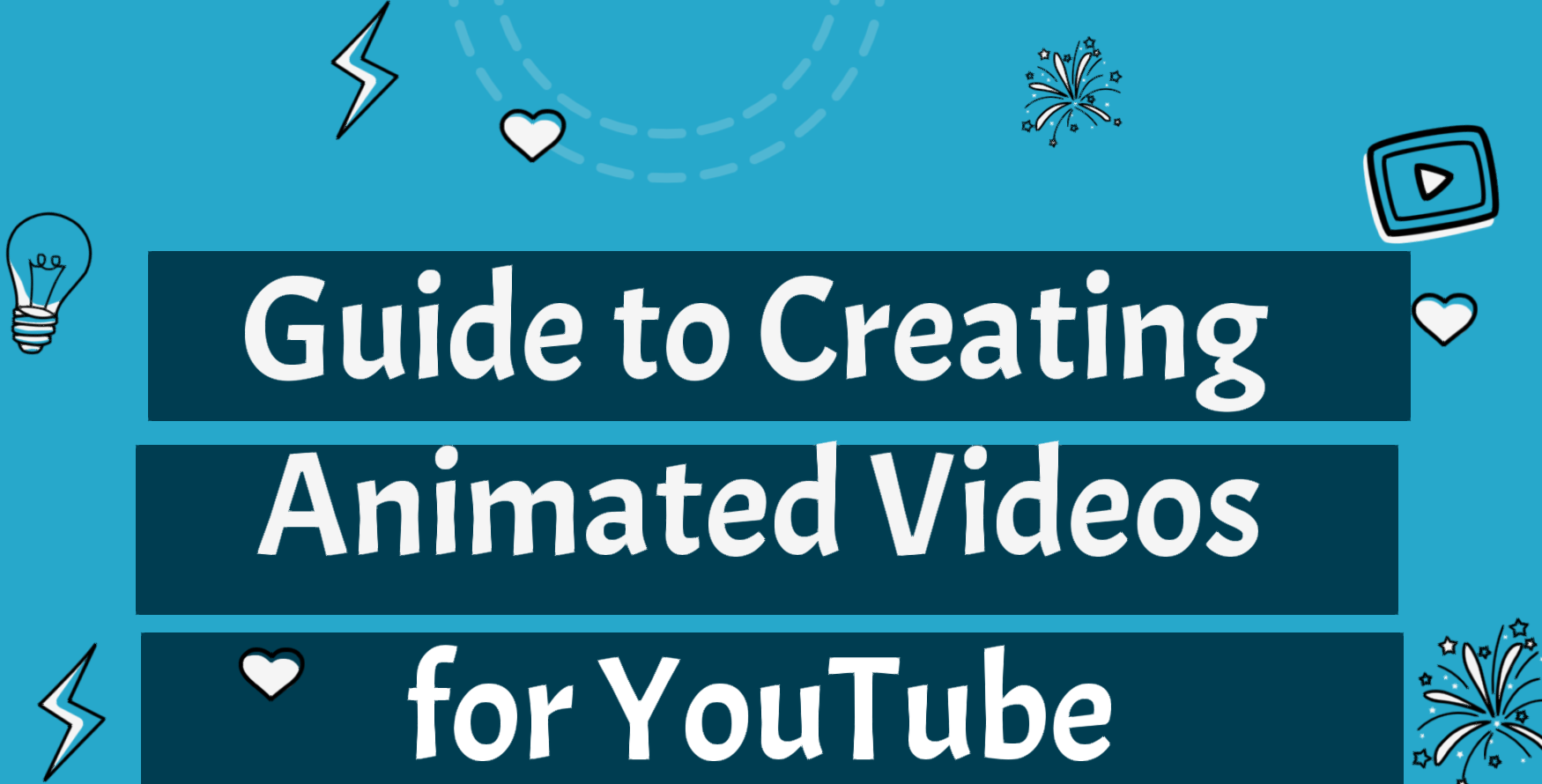

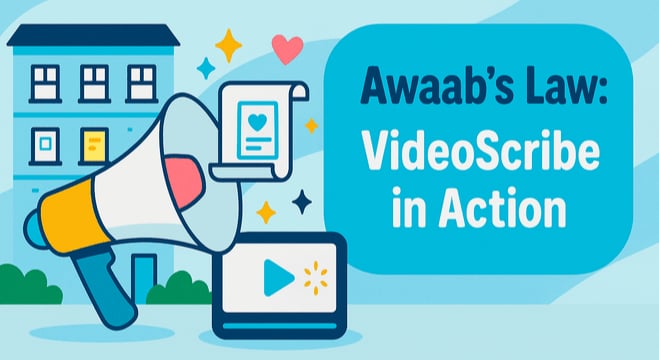
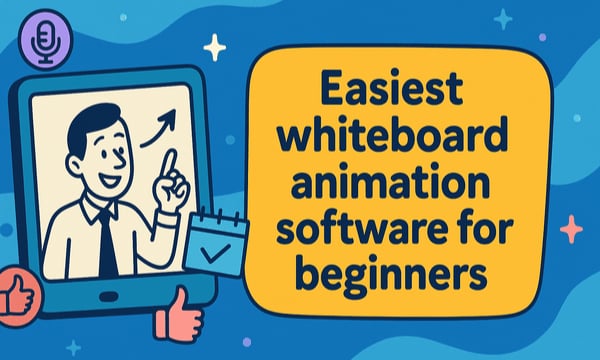

COMMENTS